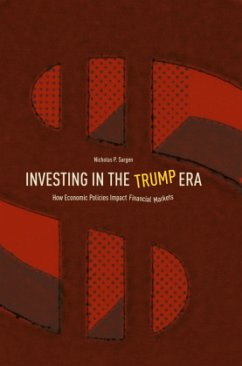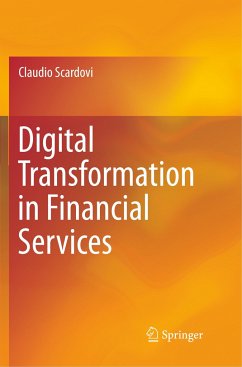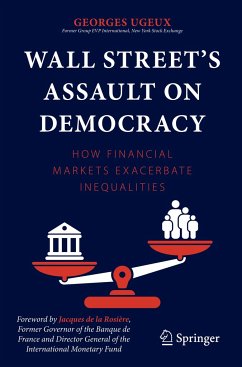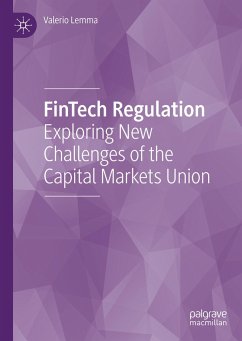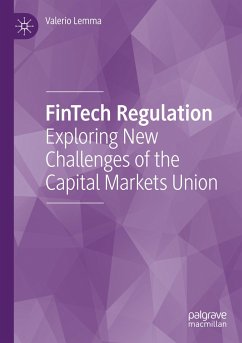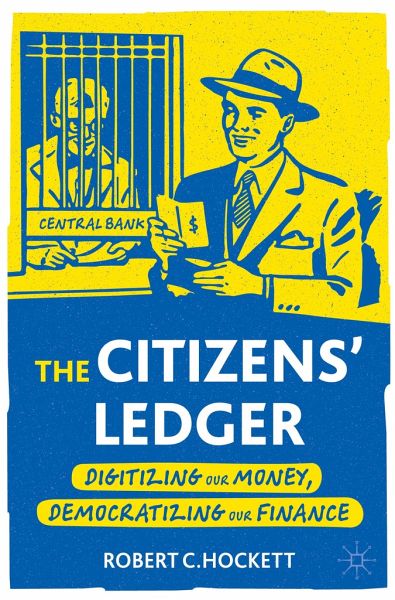
The Citizens' Ledger
Digitizing Our Money, Democratizing Our Finance

PAYBACK Punkte
0 °P sammeln!
This book is the first of its kind in several overlapping and rapidly developing fields that now dominate news headlines - among them the fields of crypto-currency, digital payments platforms, 'fintech,' and central bank digital currencies ('CBDCs'). With crypto and fintech now threatening to transform finance in destabilizing and anti-democratic ways, and with China and other nations now digitizing their national currencies in the form of CBDCs that make the US dollar and national payments infrastructure look ever more quaint and outmoded, this book shows both why the US and other democratic ...
This book is the first of its kind in several overlapping and rapidly developing fields that now dominate news headlines - among them the fields of crypto-currency, digital payments platforms, 'fintech,' and central bank digital currencies ('CBDCs'). With crypto and fintech now threatening to transform finance in destabilizing and anti-democratic ways, and with China and other nations now digitizing their national currencies in the form of CBDCs that make the US dollar and national payments infrastructure look ever more quaint and outmoded, this book shows both why the US and other democratic commercial societies must, and how they can, democratically digitize their currencies, their national payments systems, and the authorities that respectively issue and administer them - in the US, the Federal Reserve System ('the Fed').





